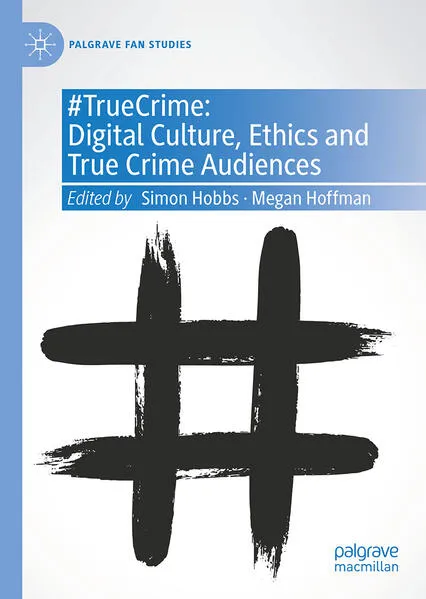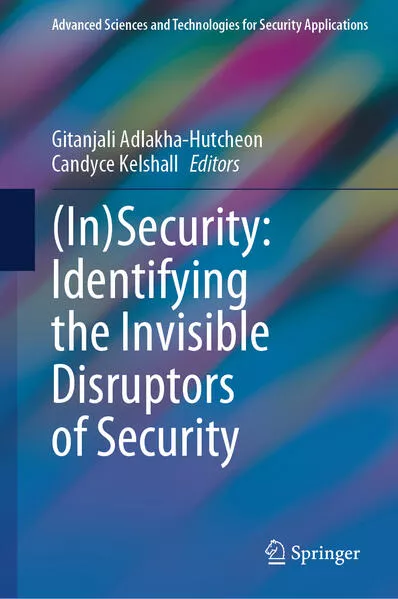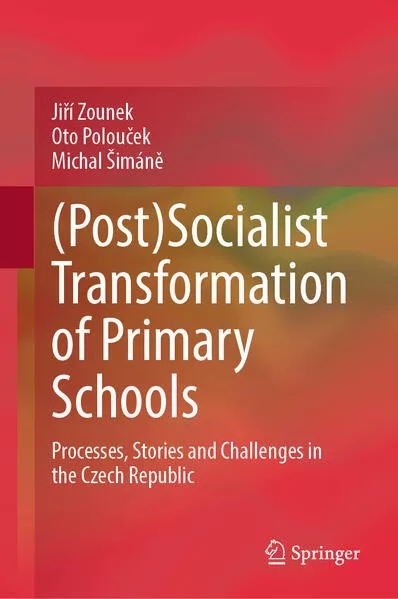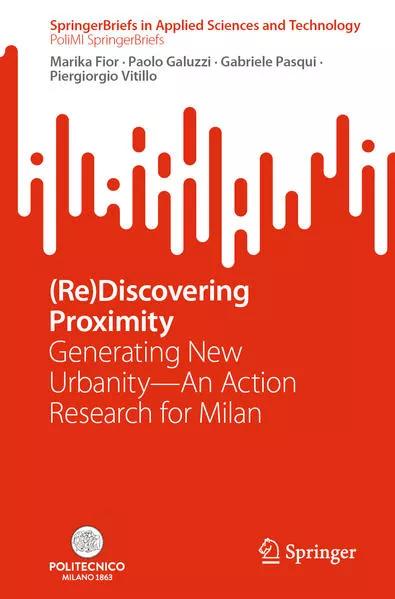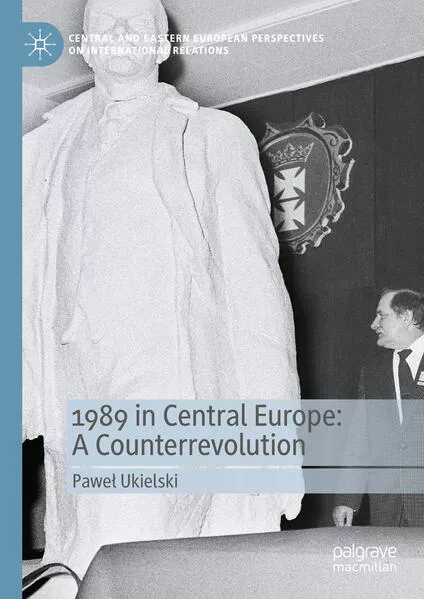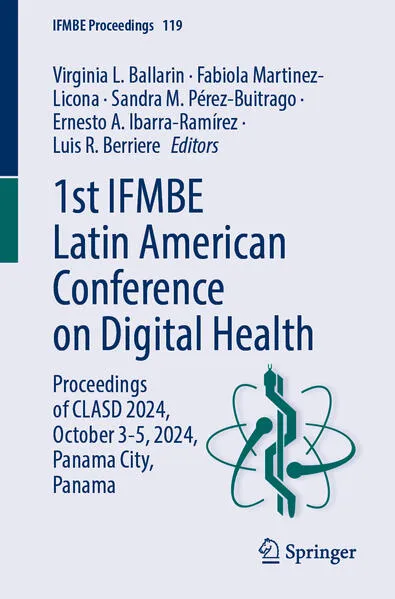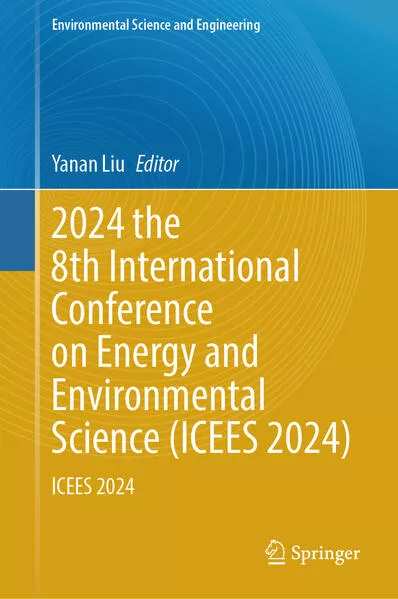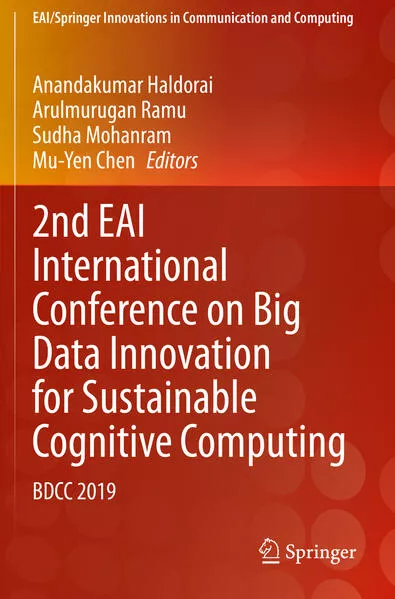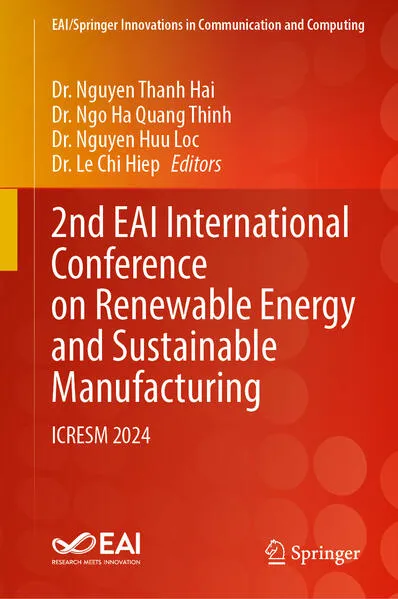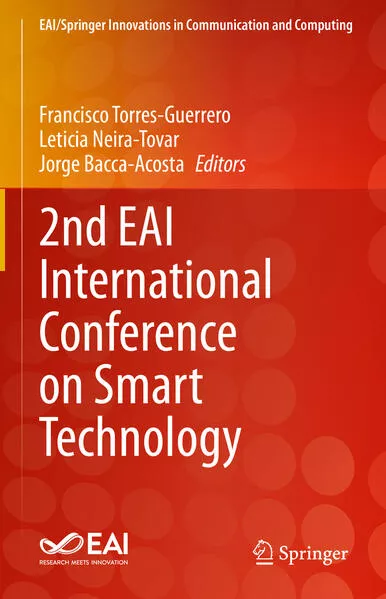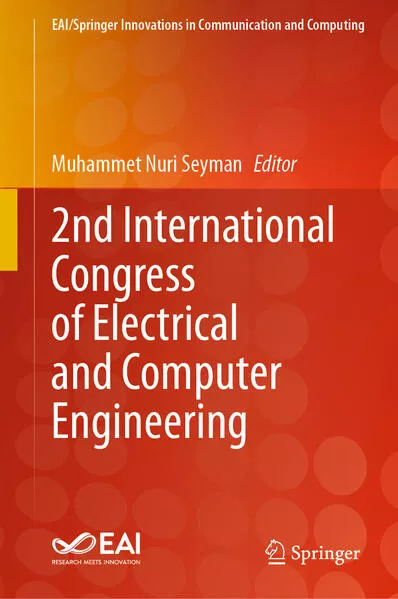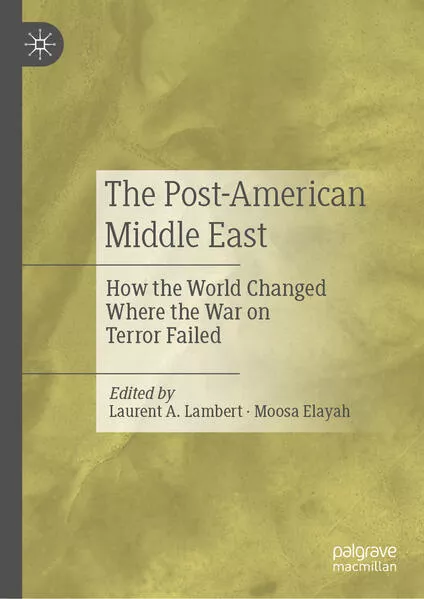
Laurent A. Lambert
The Post-American Middle East
- How the World Changed Where the War on Terror Failed
ISBN: 978-3-031-29911-7
11 Seiten | € 128.39
Buch [Gebundenes Buch]
Erscheinungsdatum:
07.06.2023
Politik
Laurent A. Lambert
The Post-American Middle East
How the World Changed Where the War on Terror Failed
After two decades of War on Terror, it is particularly important, for both academic and policy purposes, to clearly understand why the US formidable mobilization of means and might has transformed into a such a blatant geostrategic defeat of the US and its allies in the broad Middle East. This is all the more paradoxical that the WOT achieved a series of tactical victories – such as the toppling of hostile regimes in Afghanistan, Iraq and Libya; the crippling of the national economies of enemy states by sanctions; the successful targeted killing of lead terrorist Usama Bin Laden, ISIS cult leaders Abu Bakr Al-Baghdadi and his successor, etc. So, why have these tactical victories not led to what was supposed to become, according to the US government, a ‘Greater Middle East’? With most authors being from or living in the Middle East, this book is unique as it brings perspectives and answers from the region. This is crucially important as we are entering, we argue, the era of a Post-American Middle East.
Chapters 1 and 10 are available open access under a Creative Commons Attribution 4.0 International License via link.springer.com
Unterstütze den lokalen Buchhandel
Nutze die PLZ-Suche um einen Buchhändler in Deiner Nähe zu finden.
Bestelle dieses Buch im Internet
| Veröffentlichung: | 07.06.2023 |
| Höhe/Breite/Gewicht | H 21 cm / B 14,8 cm / - |
| Seiten | 11 |
| Art des Mediums | Buch [Gebundenes Buch] |
| Preis DE | EUR 128.39 |
| Preis AT | EUR 131.99 |
| Auflage | 1. Auflage |
| ISBN-13 | 978-3-031-29911-7 |
| ISBN-10 | 3031299116 |
Über den Autor
Dr. Laurent A. Lambert teaches energy policy, climate change politics and diplomacy at the Doha Institute for Graduate Studies and previously taught energy transition and diplomacy at Sciences Po Paris. A former writer/analyst at the French Ministry of Defense, Dr Lambert is also an expert on technology transfer and a former representative of the Research & Non-Governmental Organizations (RINGOs) at the United Nations (2013-2016).Dr. Moosa Elayah is an Assistant Professor in Public Administration, specialized in Conflict Studies, Peacebuilding, and International Development, at the Doha Institute for Graduate Studies (Qatar) and at Radboud University Nijmegen, the Netherlands.
Diesen Artikel teilen
0 Kommentar zu diesem Buch
.... weitere Publikationen von Springer International Publishing
Leserunde
Kinderbuch »Lasse und Juna - Total versteinert!« – Wikingerabenteuer mit Mut, Freundschaft und Entdeckergeist
Bewerbungsfrist bis zum: 05.03.2026




